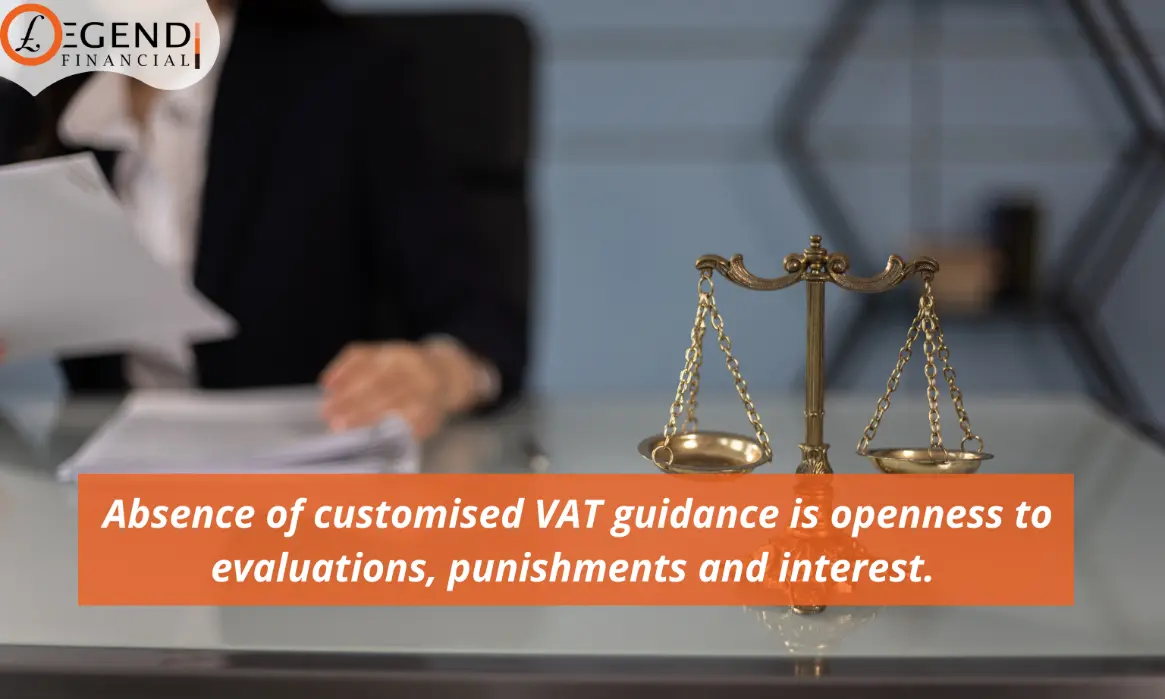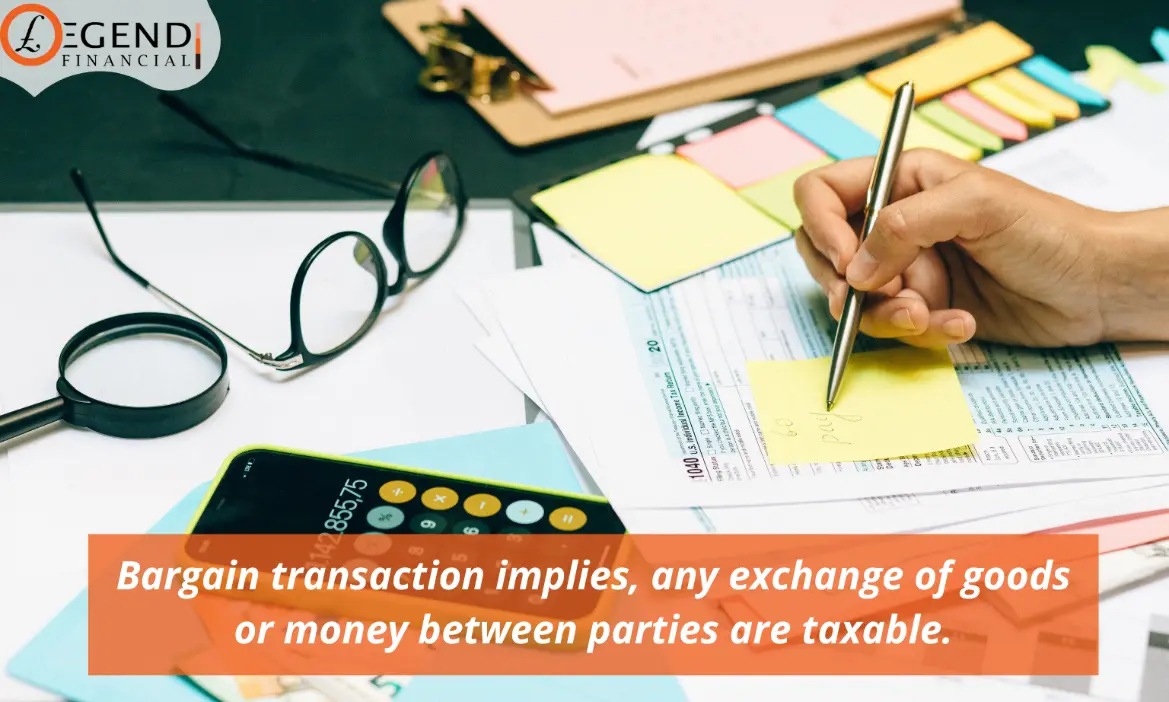Online content creators have made their work a source of their living in recent years. Due to the tendency of young people to prefer becoming online influencers, at least initially, the demand for corporate positions or government jobs decreased in the graph.
The internet has been the industry for amusement purposes, instructional purposes, studying purposes, generating talents, and much more. Being a seller in this online market is what is referred to as a success.
Table of Contents
What Is Meant by Online Content Creator?
A content creator is somebody who makes engaging and remarkable content for the watchers. The content they make can be instructive, or can essentially be adequately snappy to engage and get the notice of anyone with any interest at all in your brand.
However, subsequent to taking a gander at the content, they fostered a specific interest and visited your page or your virtual entertainment handles.
New and smart ideas can be strong to influence a crowd of people emphatically, creating leads for your brand and drawing in additional clients through your work. The manner in which these content makers utilize their plans to get change the buying force of a client is praiseworthy.
Having a decently satisfied content creator in your group or being one yourself is vital and can be the most fundamental resource for your organisation. They are the minds behind causing your image to seem engaging through the content that they make.
Nonetheless, an absence of customised VAT guidance for influencers and online content makers implies that many are uncertain about the amount VAT they might owe on their revenue sources, prompting possible issues with lawful consistency and openness to evaluations, punishments and interest.

Many people have reached dizzying heights of internet celebrity thanks to social media platforms like Instagram and TikTok, but should they be subject to influencer tax? Every year in the UK alone, many individuals procure income from their substances and online impact. This stream can frequently come from acquiring vast areas of followers, endorsers or views, which the maker adapts through promotions or brand-coordinated efforts.
Do You Need to Make It a Company Limited?
As increasingly more of these online creators start to make money through internet-based content, the subject of expense is overall progressively raised. It’s vital to consider if your web-based content creation works like a business. Do you need to incorporate a limited company to earn revenue as an online influencer?
No, but you are welcome to if you’d like. You’re starting to create content, which is an additional hassle and expense, with the potential to take several months or years to establish it as a business. Instead, you establish yourself as a single proprietor or self-employed person in the UK, which you can do alongside full-time or part-time work.
When Online Content Creators Start Paying Taxes
If you own a blog about cuisine, lifestyle, music, or anything else, you must start thinking about taxes as soon as you earn £1000 or more. Also, exploring potential influencer tax write-offs can help optimize your financial situation. If you’re running a small business on an Instagram account and your blogging revenue doesn’t go above £1000, you don’t legally have to submit self-employment records or declare it.
When you do that, you can’t claim expenses either, so it’s a thousand pounds in overall revenue rather than profit. This means that you can’t claim back any costs or losses for previous years. At the same time, if you go over that, you still need to register as a sole trader on the HMRC website.
When You Should Register for Self-Employed Status
Anyone who regularly engages in the commercial or professional activity must register as a self-employed worker. However, as the internet influencer landscape changes, this depends on the individual situation.

The suggestion here is to ascertain and track what pay is getting so you can determine the exact thing you may owe concerning VAT. Enrolling as independently employed implies you can guarantee specific costs for your everyday work, thus decreasing your available pay. These costs might be:
- Equipment
- Travel
- Phone bills
- Website/marketing costs
Difference Between a Sole Trader and Self-Employed
A sole trader is an independently employed individual, yet an independently employed individual isn’t a sole trader. Everything descends on your business structure.
You’re a sole trader when you’re independently employed and the sole proprietor of your business. You’re not a sole trader if you’re self-employed, in a business association, or run a restricted organisation.
Most project workers work as limited companies (it is possible that one-individual organisations or under an umbrella organisation), so although they work alone and utilise nobody, their business is not a sole trader but an organisation.
Keeping Track of Income
This is essential to keeping track of your business expenses, income, or profits. You can do this in several ways. All that matters is you’re organised with it, and you keep accurate records.
Unlike regular employment, you don’t get a paycheque a month. You don’t just get paid one way, you get paid in a multitude of ways, and it never comes around the same time every month. You can start with a new bank account for your online income, which will make it easier it’s not necessary as long you’re organised.
Actions Where VAT Applies
Numerous factors could result in you having a compliance requirement while conducting online sales.
When Being Paid to Post:
In the UK and EU, most organisations will be expected to enlist for VAT after passing a specific threshold set by that homegrown government. While being paid for supporting posts as an online influencer, you should know about the limit in your country and whether your yearly pay surpasses this sum. Assuming it does, you should ascertain and pay the right measure of VAT as indicated by your income bracket.
When Reviewing Products:
Assuming that you are sent items to audit on the web, HMRC will settle the tax assessment by whether the gift would be able or can’t be changed over into cash. This is known as a bargain transaction which implies that any non-money-related type of exchanging pay is taxable similarly to the regular payment. As referenced already, if this non-financial pay can’t be considered cash, you wouldn’t be expected to pay influencer tax on this.

When Receiving Gifts for Optional Promotions:
If you get a gift from a brand and are legally obliged to post a promotion for their sake and acknowledge it, this will make the gift taxable. Be that as it may, if you’re not contracted to do so, this would be considered a gift and wouldn’t be taxable.
The combination of online influencers to be reckoned with and tax assessment has made an obscure region where the two organisations and web-based entertainment makers should be cautious and consider their expense commitments. We’re here to assist you with understanding when and where you might set off a tax collection prerequisite and can help you set this up so you can keep supporting your following and impacting the majority!
Legend Financial and Tax Advisers provide experienced VAT guidance to online enterprises, content producers, and influencers to fill this knowledge vacuum. With a thorough awareness of the VAT challenges affecting this quickly changing industry, we can offer a comprehensive range of advisory and support services to assist organisations in addressing complex VAT concerns.
Read also: Step by Step Guide to UK VAT Registration Process

